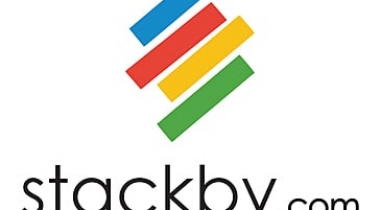Stacker allows Airtable users create a stunning and easy-to-navigate front-end to their database, so users only see the data that’s relevant to them.
Stacker
Images
Check Software Images



Customer Reviews
Stacker Reviews
Brice W.
Advanced user of StackerWhat do you like best?
I like the level of control it gives you to in the realm of user permissions and data visibility control. I also love that Stacker allows a lot of people to interact with your Airtable data without having to add users to your Airtable account and without having to worry that end users are mucking about in your Airtable database. Airtable user costs can add up pretty fast so this is a huge benefit.
What do you dislike?
There are a few downsides to Stacker, which to be honest are heavily outweighed by the upsides as long as you are using Stacker for the right use cases. Downside one: It isn't the least expensive software out there, however, if you run a cost analysis (Airtable user cost X Airtable user count) in the right cases using Stacker can actually save you quite a bit of money and headache because now you can control who sees what and who can interact with what based on role-based permissions (high-level plan option I believe). Downside Two: Aside from adding your own custom CSS into the system there are very few design customization options. You are stuck with choices like menu top or left side, dark or light theme, and one accent color. It's not a huge deal but it does feel like there should be a few more out-of-the-box design options before jumping right to custom CSS.
Recommendations to others considering the product:
If you want to add an external end-user interface on top of Airtable (Also Google Sheets) database, that gives you a lot of additional admin control, and you don't want to have users in your database or know what is going on behind the scenes then it is a perfect fit and well worth the price of admission.
What problems are you solving with the product? What benefits have you realized?
We are able to have several clients and their teams work in one Airtable database without them having any visibility of each other, the core database, or any features that they have not paid us to provide. Previously this would have required several Airtable bases, several user licenses, and the headache of client users making accidental changes to the database. You can lock down a lot in Airtable, but end users will always find a way to find and change the one item you can't lockdown.














